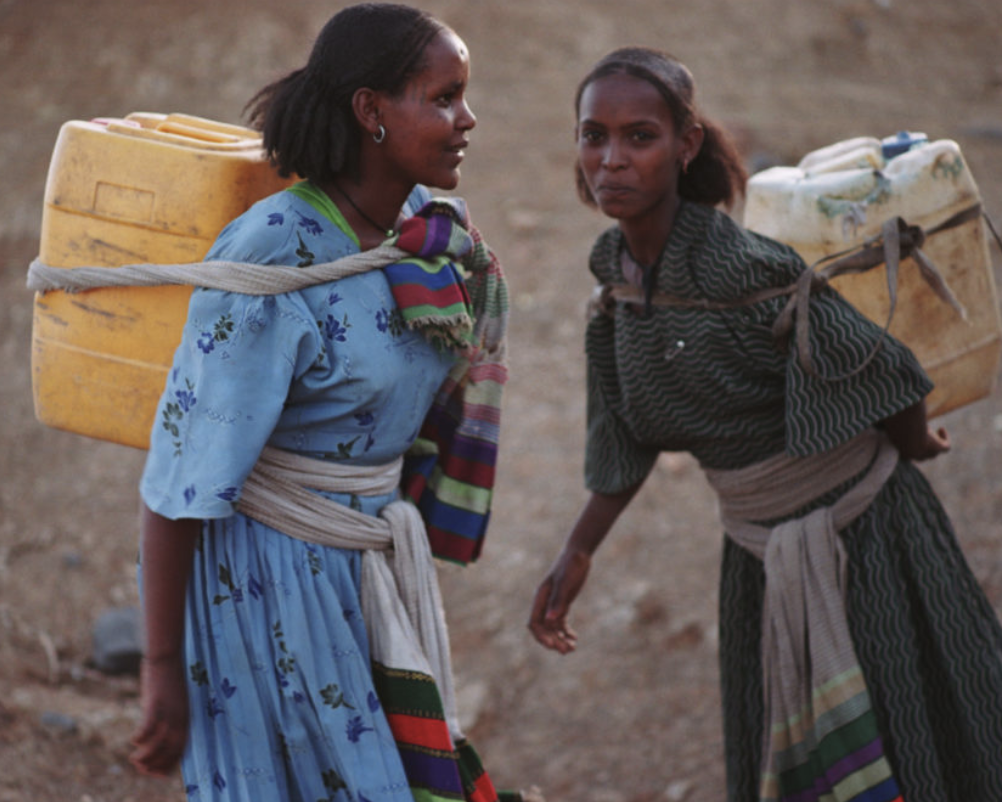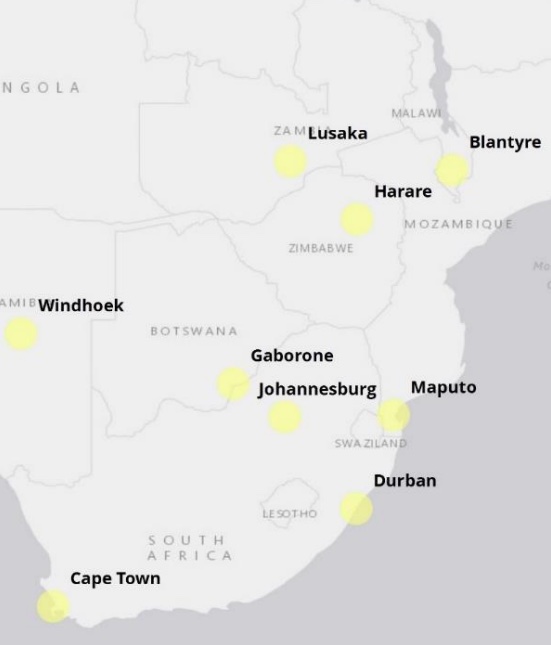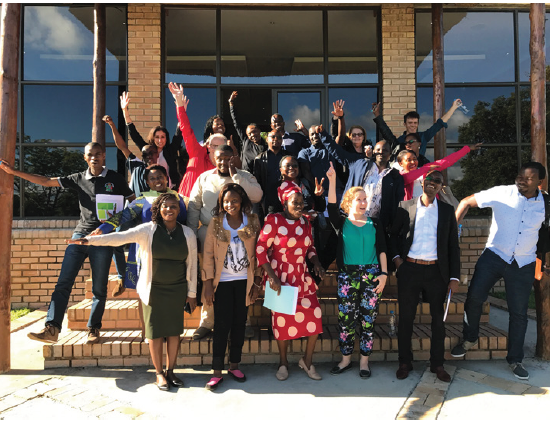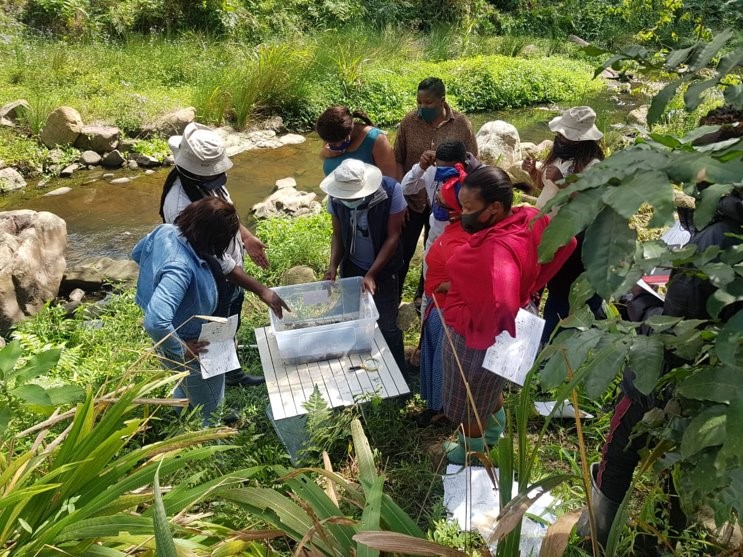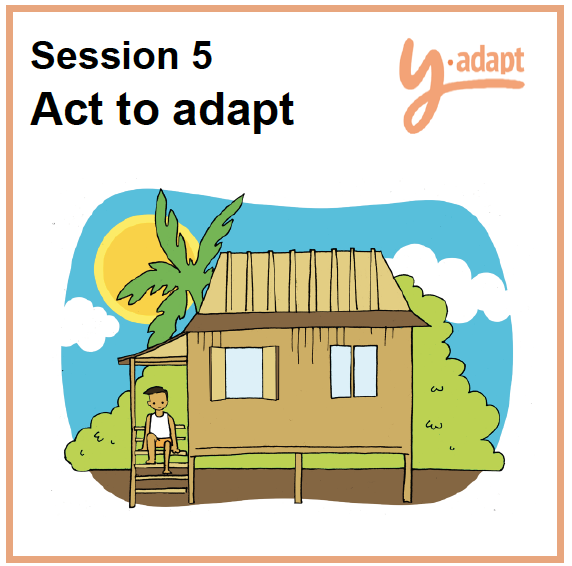Inclusivity
Empowerment in WASH Index Tool
Learn about EWI: a pragmatic survey-based tool made to measure, monitor and carry out diagnostics of water, sanitation, and hygiene-related interventions, allowing for inclusive and equitable outcomes.
Principles for Co-Producing Climate Services: Practical Insights from FRACTAL
Explore principles for co-producing climate services based on FRACTAL project evidence and experiences through this working paper.
FRACTAL Principles
Throughout the FRACTAL project, the team determined several lessons for research and society, particularly with regard to working towards inclusive, contextual, and proactive climate research and action. Engage with the principles that underpinned the climate resilience work in the project.
Climate justice for people and nature through urban Ecosystem-based Adaptation (EbA): a focus on the Global South
Examples of urban EbA interventions, predominantly in the Global South, are explored in this paper and linked with seven proposed EbA social principles related to climate justice.
Topic 12: Social justice and equity
This page features the key lessons shared by KE4CAP climate adaption platforms on the current practices, innovations and challenges related to social justice and equity.
Project: Platforms for the inclusion of non-normative genders and sexualities (NNGS) in climate change adaptation policy and action
This joint project has contributed to strengthening local capacity and advocated for/integrated the concerns and strengths of LGBTIQ+ partners into local and national policies.
Session 5: Act to Adapt
A giant board game that gets youth to prioritise resources in their community which are vulnerable to extreme weather. Youth negotiate to take individual or collective actions to adapt resources.
